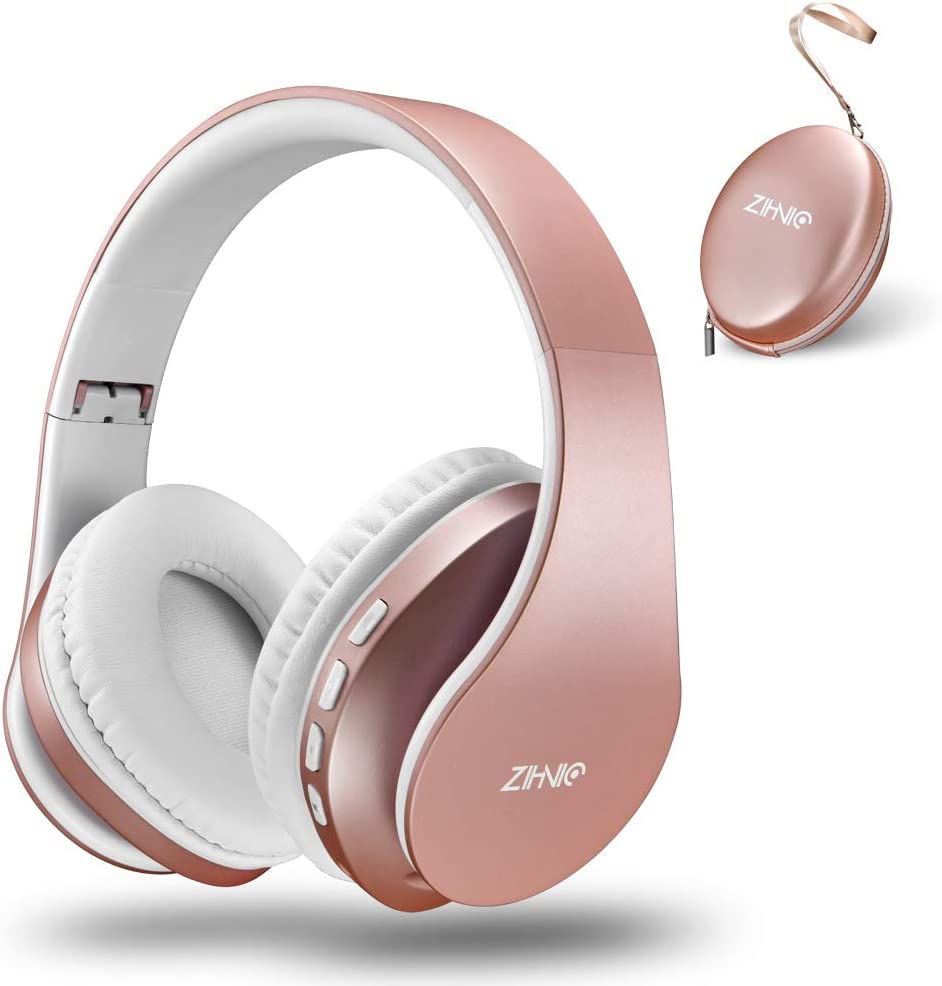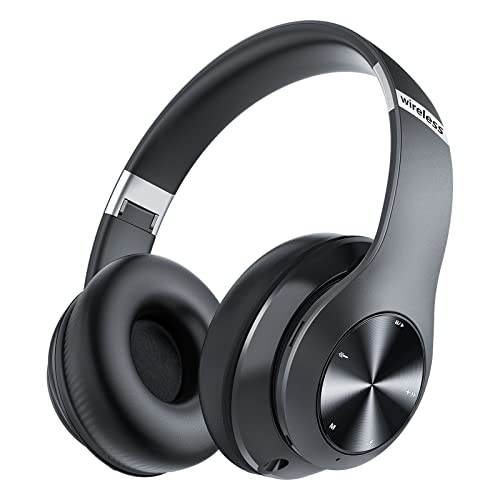
Wireless Headphones - How They Enhance Your Audio Listening Experience
Wireless headphones are ideal for people who want to listen to music without wires getting in the way. Wireless headphones use Bluetooth technology to send out a signal similar to walkie-talkies, and your earbuds function as a receiver.
They come with a great range, active noise cancellation and a long battery life. They also offer great clarity and a stunning audio quality.
Convenience
Wireless headphones are a must-have device for our everyday lives. They can quiet a train car, facilitate conference calls, or provide tranquility and peace in a noisy setting. Wireless headphones aren't only convenient, but they can enhance your audio listening experience with active noise cancellation.
A great pair of wireless headphones should have a reliable wireless protocol like Bluetooth 5.0 that consumes less power than older models. It should also have various power-saving features like automatic shutdown and standby mode that can extend the life of your battery. Fast charging is also important to enable you to swiftly recharge the battery. Also choose headphones with a cable management system to keep the wires from getting in your way when you're not using them.
If you are an avid music lover, select headphones with an intuitive interface. This will make it easier to control the volume and playback. Some have onboard controls around the ear cups or on the earbuds' stalks. Some wireless headphones can be used with voice assistants to provide an added level of convenience. Some wireless headphones are water-resistant, so you can listen to music wherever you go.
Comfort is a crucial factor to think about when purchasing headphones. If you plan on wearing them for long durations, you should choose a lightweight design that will feel comfortable on your head and ears. Choose a pair that features soft ear cushions, a secure fit and a comfortable design to reduce discomfort.
Wired wireless headphones have a number of advantages over wired headphones, but they're not for everyone. They're also usually more expensive. They require tiny speakers, an Bluetooth receiver, and electronic components that connect to your smartphone. They also require batteries to power them as well as an integrated amplifier as well as digital-to analogue converters that translate the data streaming from your smartphone into audio signals that speakers can comprehend.
Noise-canceling
You can enjoy your music or podcasts in the airport or at the library with a pair of wireless headphones. You can also make phone calls using the noise-canceling and wind-reducing capabilities.
Noise-canceling technology makes use of built-in microphones to detect ambient sounds and amplitudes. It then creates an opposite sound to cancel out unwanted frequencies. The process was first utilized in headsets designed for airplane and helicopter pilots to protect their hearing. This technology is now an integral feature of many premium headphones, earbuds, and earphones.
The most effective wireless noise cancelling headphones have been designed to provide excellent audio quality especially at lower frequencies. Some also provide an enhanced listening experience for those who have impaired hearing. For instance, some headsets feature an adaptive EQ that alters the frequency response of the audio to compensate for the loss of high-frequency sound.
In addition to noise cancellation, a few of the best headphones also feature a transparency mode that allows you to hear the sounds of the surroundings, such as footsteps and voices. You can also set the background noise suppression level. These features are especially useful for those who are interested in hearing the noise around you when walking or working in public areas.
Bluetooth is the most common method to connect wireless headphones with your device. However there are many different Bluetooth connection technologies. Bluetooth 5.0 has a better audio quality and a greater range than earlier versions. It also offers the fastest data transmission speed to provide better ANC and hands-free calling.
Other wireless headphones utilize radio frequency (RF) connections to transmit information. These headphones are generally more expensive than Bluetooth, but they can provide superior sound quality and
Bluetooth Headphone Wireless extend distances. The only drawback to Bluetooth headphones is that they require you to stay within a certain distance of the transmitter to keep a connection.
The most effective ANC headphones are those that offer the most consistent level of isolation of sound over long periods of time. This lets you concentrate in a noisy work environment or sleep comfortably while traveling via plane or train. Noise-canceling headsets are also an ideal option for home use. You can listen to audiobooks or music while your family watches TV or plays games.
Battery life
One of the main advantages of wireless headphones is that they can last for several days or even weeks on one charge. This is a huge deal particularly if your listening habits are very active. It's a nightmare to be unable to charge your headphones during the course of your workday and be left with no way to power up your headphones. The only downside to this feature is that they drain the battery more quickly than wired headsets.
There are many factors that affect the battery life of your headphones, such as their size and noise-cancelling features. The larger the headset is and the more powerful the battery will be and the longer it will last. The design of the headset is also important. A lot of
bluetooth headphone Wireless headsets are designed to be as compact and portable as possible. This means that they will always have the smallest power source.
Furthermore the quality of the battery also affects its life cycle. Lithium-ion batteries and lithium-polymer ones have much longer lifespans than Nickel-Cadmium (NiCad) ones, as they don't suffer from the memory effect and are able to handle higher temperatures. However they do have a limit to the number of charge cycles that are fully charged, after which their performance will begin to decline.
How long you leave your headphones on can affect the battery's life. The majority of wireless headphones use little battery when they're in standby mode, however some will consume a small amount of power even if you aren't using them.
Be aware that the advertised battery life for your wireless headphones will differ according to the volume. It is possible for your headphones to last for the duration advertised at lower volume levels, but this will decrease significantly when you crank up the volume.
It's also important to remember that the wireless headphones you own have a case, this can affect the battery life. The case can help keep the battery cool and help to extend its life. The good thing is that you can buy cases for all wireless headphone models This shouldn't be a problem.
Simple to use
wireless blutooth headphones headphones can enhance your listening experience, whether you're on-the-go or at home. You can tune out the background noise and focus on your music, podcasts or any other audio without having to worry about knotted cables. There are many models, including headphones designed for running or other sports and that are comfortable to wear all day long. There are also headphones that offer ANC (noise cancellation) and high-res audio.

The best wireless headphones connect to your device via Bluetooth technology. Recent updates have eliminated the problems that older versions of technology can cause. The majority of Bluetooth headsets come with a small receiver that sits in the pocket or behind of your neck. the transmitter is connected to your audio source using an audio cable.